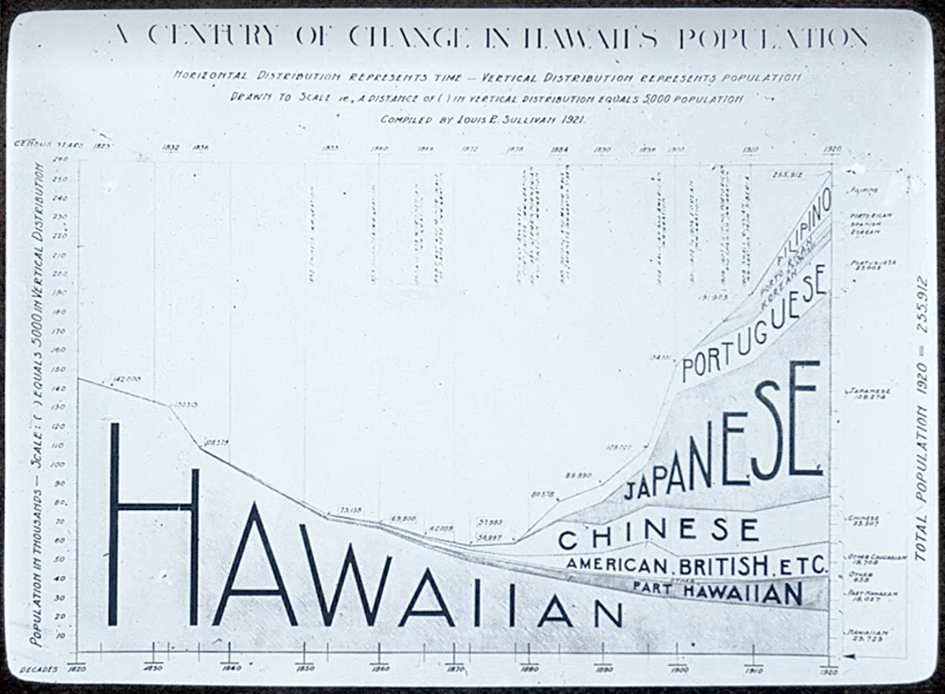COMPTE-RENDU >> Launch Event: Prof. Cristiana BASTOS, "Across Empires: Plantation Labour in the Aftermath of Abolition" (TEAMS, 21 OCT 2022)
 |
She supports this historiographic and
anthropological study on labour migration with field research and empirical
cases that help her complexify history. The methodological innovation of
her research project also lies in focusing on flows across empires by
overcoming borders limitations and exploring the plantation-factory
continuum. The study of this Portuguese work migration for the sake of
massive labour, shows the common dynamics of the hierarchisation of ethnic
groups while highlighting the differences between the geographical
areas studied, for example the tensions that break out in Guyana and that
did not appear in apparently more harmonious in Hawai’i.
The recruitment of Portuguese people is the
third step in the historical dyad between plantation and race, taking place
after the colonial plantations based on the African slave-trade and the
post-Abolition indentured labour calling on workers from South and East Asia (notably
China, Japan, Korea, and the Philippines South Pacific islands) for the plantations
in the Americas, the Caribbean, Pacific and Indian Ocean. Portuguese first
started moving to Colonial Guiana in the 1830s to work in the sugar plantations
then settle Hawaii for the same reasons from 1870s.
Bastos describes a family immigration that
led men to bring numerous children and relatives through those dangerous
travelling and living conditions. For instance, 20.000 Madeirans and Azoreans
settled in Hawaii to work in sugar plantations, supported by a massive labour
contract system where they knew harsh working and living conditions. Hawaii
then saw a race-based social structure that results in low social
mobility.
The concept of plantation does not refer to any
agricultural crop: plantation is an empire monocrop overlapping capitalism
which appeals to massive labour immigration. It is in this particular
context, but also in that of the Portuguese arrival to New England from the 1890s
in cotton manufactures, that large labour immigration produces
racialized identification. A branch of the project lead by Cristiana Bastos
also covers contemporary issues (in Portugal, in Italy), but is not covered by
her presentation of 21 October.
Bastos’ presentation was a great success and generated a lot of enthusiasm among the partners. Among the questions from the audience was what contribution legal historians could make to this project. Bastos emphasised that she would like to gain a better understanding of the legal forms and terms of employment of the contracts of plantation workers. E.B.



Comments
Post a Comment